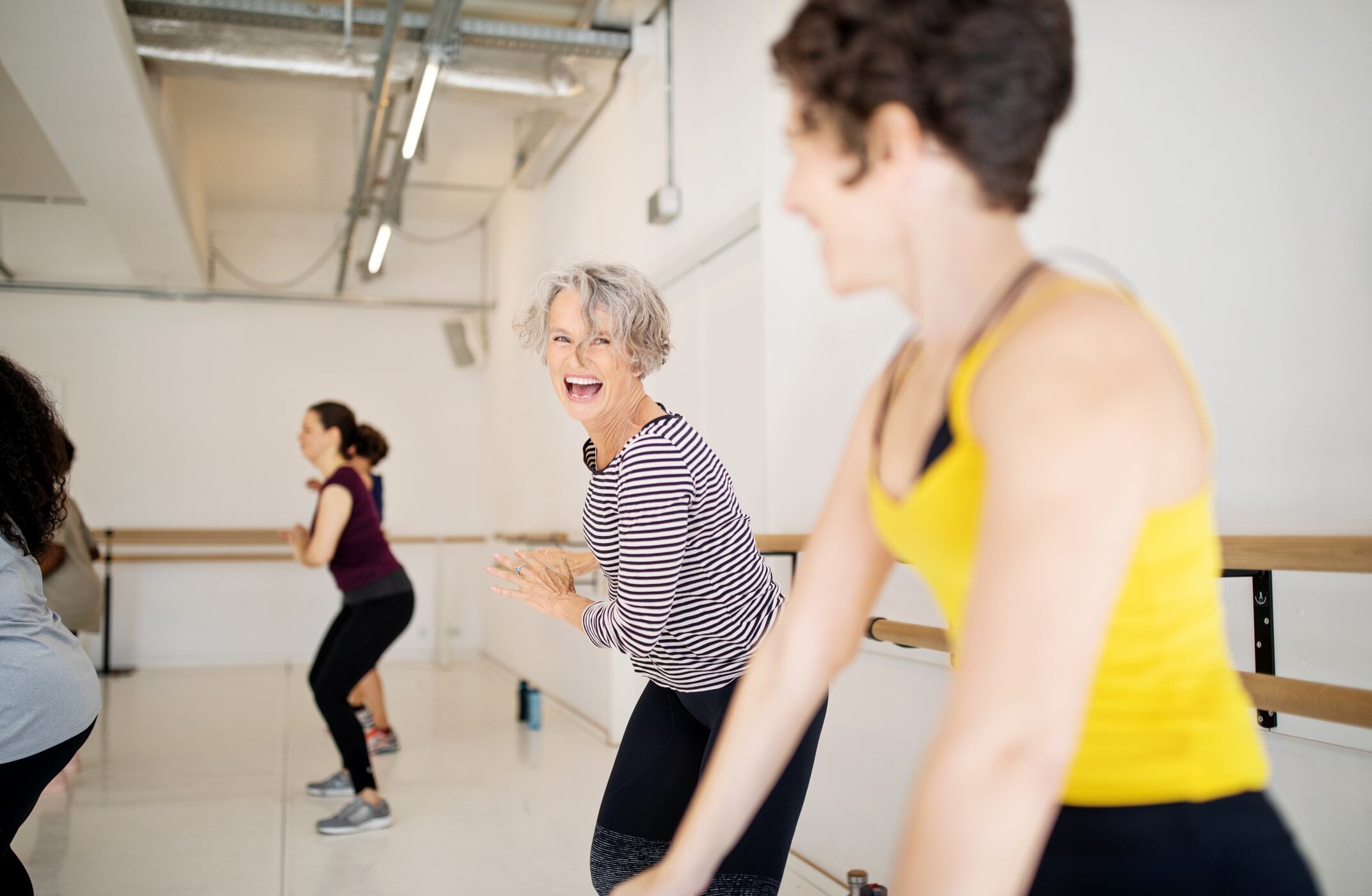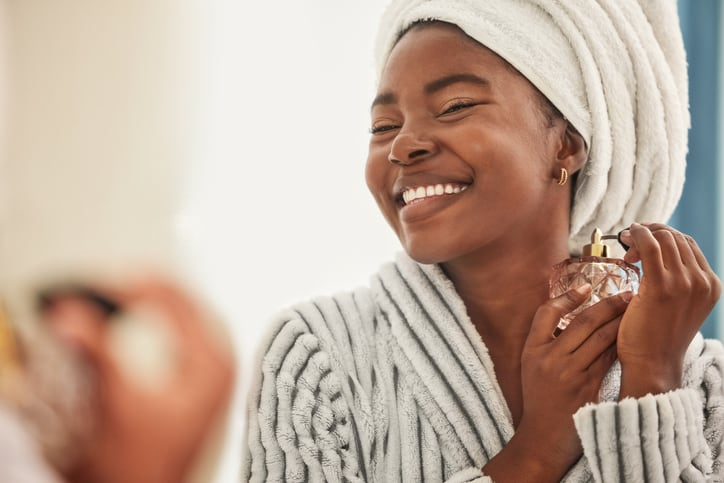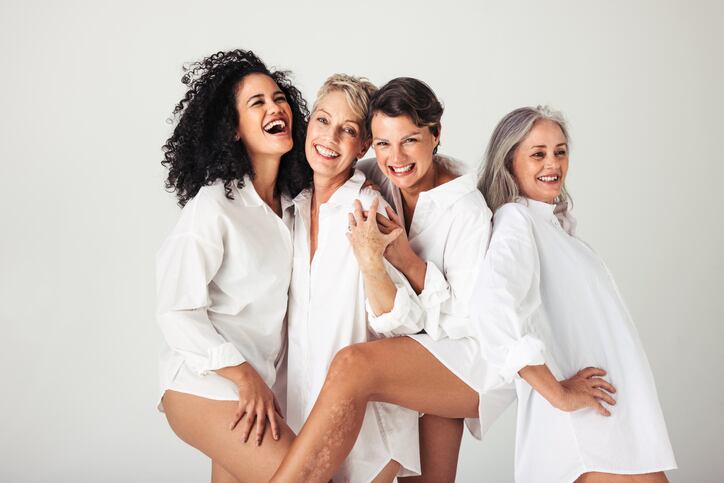This was the message from the Menopause Beauty & Wellbeing webinar hosted by NutraIngredients and CosmeticsDesign-Europe (CDE) yesterday (October 12), chaired by CDE Editor Kacey Culliney.
“Female health in general has been understudied in all areas of research," said Kate Bermingham, postdoctoral researcher and Nutrition Academic Lead at Kings College London’s ZOE Ltd, "women live longer than males and they spend a significantly longer portion of their lives in ill-health than males”.
Women spend about a third of their lives in a post-menopausal state, according to Bermingham, and even during perimenopause (the time during which your body makes the natural transition to menopause) there are huge hormonal changes taking place that have a variety of health impacts.
Another common issue with understanding menopause symptoms, the researcher explained, is that they will often become ‘entangled’ with the symptoms of ageing, meaning health issues which could potentially be treated or prevented (such as low mood, poor sleep, thinning hair, weight gain, and low energy) are written off as being simply a result of older age. The team at Zoe has therefore been working to decipher the symptoms caused by menopause or old age.
Millie Kendall, CEO at the British Beauty Council, admitted that she is ‘nervous’ about conversations around the commercial opportunity here as it’s important not to encourage brands to start using a medical condition as a way of marketing products.
“We want to be careful as an industry that our products don’t profess to be a solution to menopause when the answer may be that they need to go to the GP to get HRT [Hormone Replacement Therapy]. And we also don't want to see healthy ageing products simply rebranding to tap into this heightened interest in menopause. I don’t think that’s where we should be going."
That said, Kendall said it was imperative that people across all health and wellness industries start having these conversations so the next generation of women won't be knocked sideways by the symptoms.
"I didn’t know what was happening to me when I hit menopause...
“Even the medical society is slightly out on a limb on this subject. It’s incredibly difficult to get advice on this subject from a GP. Unless you are paying for private advice you don’t tend to get the answers you need.
“I’ve been on HRT for three years and I don’t know how or when I can stop taking it and no-one seems to be able to tell me that.
“What a lot of us want is advice, not more products.”
She also suggested that taking supplements once menopause hits would likely be too little too late.
“I was told to try numerous different supplements and I didn’t feel any different from any of them. It was only when I started the HRT that things started to change.
“...I feel it’s important to look more at the preventative side of things – to start using these beneficial supplements earlier in the day so that the symptoms won’t hit so hard when women do get to that age.”
That being said, Kendall said gut health and sleep are definitely two areas where she can see supplements having an impact for those women in the midst of menopause.
She noted that the microbiome plays into that preventative, long term view of health, targeting the root of health issues, and the area of sleep is one where people tend to seek out natural solutions.
“I don’t want to take a sleeping pill, I want something that is going to help me to drift off to a natural slumber so I can see an opportunity for supplements there."
Bermingham noted that there is a huge body of research supporting the importance of sleep to so many areas of health so this is definitely an important space.
"It’s a modifiable factor so this is an area of opportunity where we can take steps to improve the quality of life for women in these life stages," she added.
Sarah Jones, co-founder and director at Free The Birds, pointed out that these two areas are closely connected with the gut microbiome having an impact on the mind and mood.
Speaking about communication techniques, Jones added that she would like to see the conversation around menopause being one of a “celebration of the next life phase” as opposed to being something to be ashamed about, as can sometimes be the case today.
Interested in hearing this panel discussion in full? You can register for free still to watch the Menopause Beauty & Wellbeing webinar on-demand.




